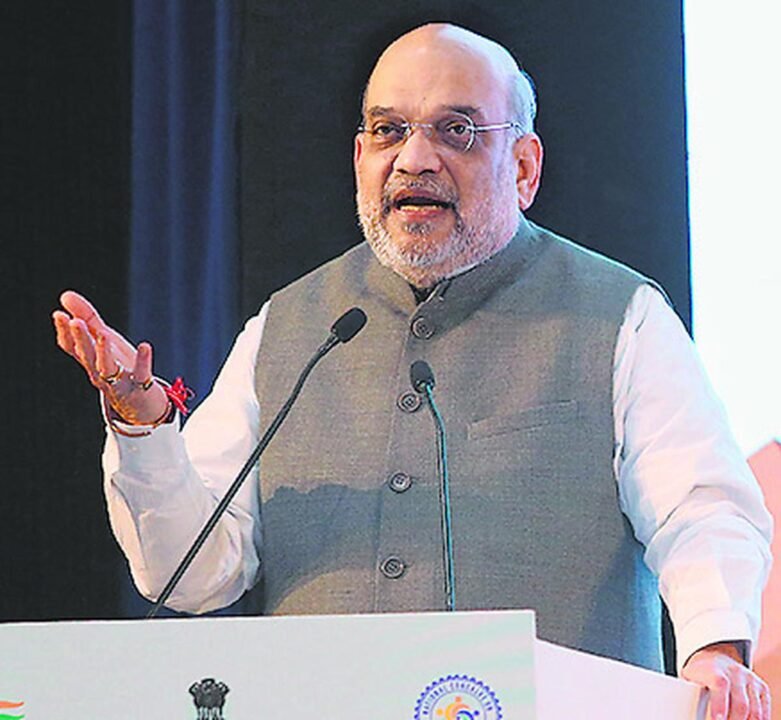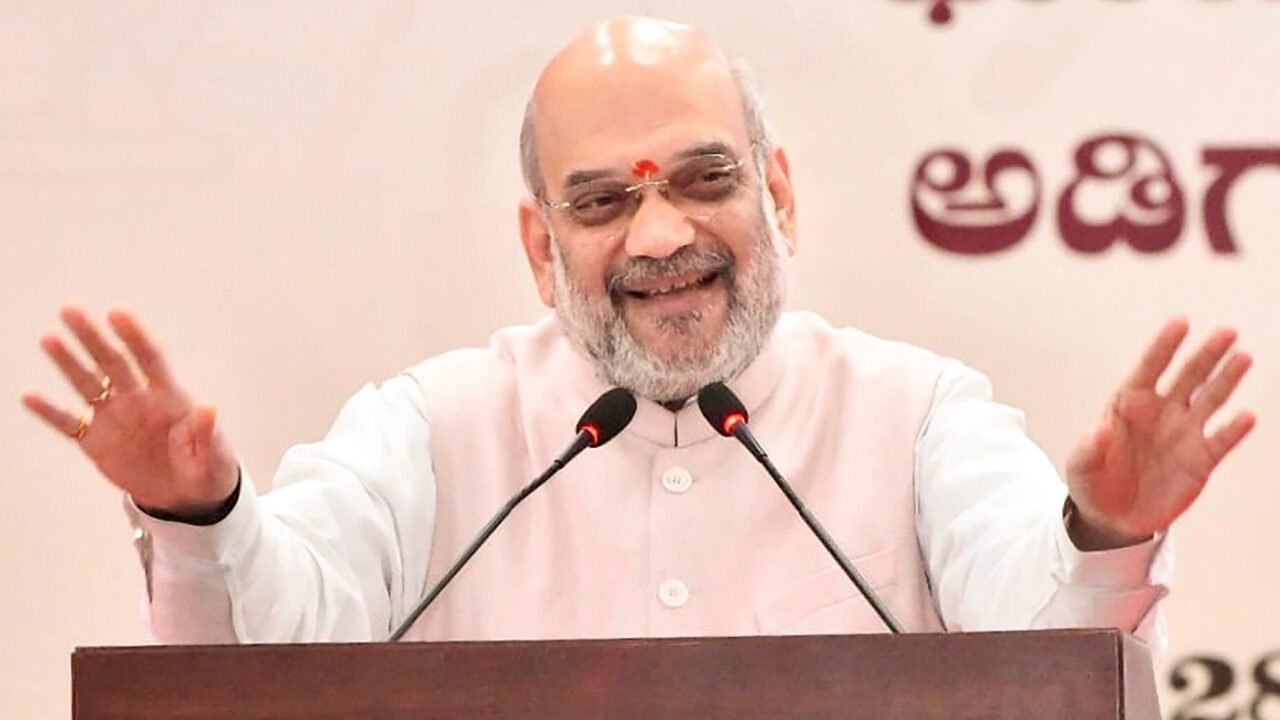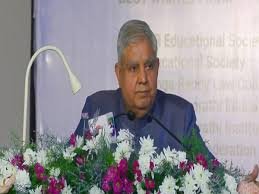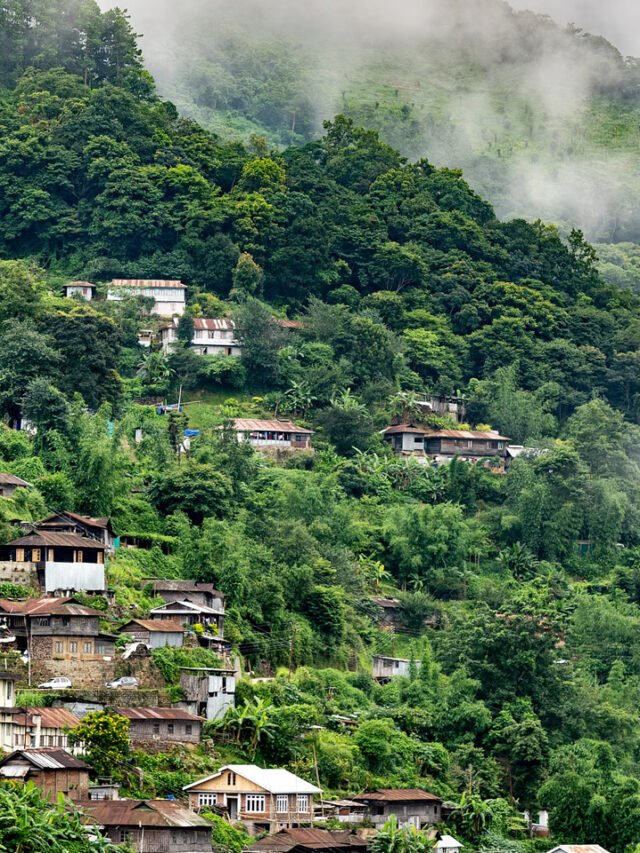New Delhi, Dec 29 (PTI): Extra manpower, reliable source of illumination and alternative power supply on standby will be some of the challenges that need to be kept in mind if postmortems are to be conducted after sunset, medical and forensic experts said on Thursday.
Postmortems can now be conducted at Delhi government-run medical facilities even after sunset, the city government had said on Tuesday, describing its decision as a “landmark reform”.
This will not only change the situation for relatives of the deceased who often have to wait a long time to receive the bodies but will “also encourage organ donation and transplantation”, it had said in a statement.
Though the move will ease process of organ donation in medico-legal cases (MLCs) such as accidents, several medical and forensic experts said that doing autopsies at night will have its own share of challenges.
“Yes, doing postmortems at night will surely expedite the overall process and the family can get the body of their kin back sooner, so it will help,” Dr Suneela Garg told PTI.
Garg is a former head of community medicine at the Maulana Azad Medical College (MAMC) attached with the Delhi government’s largest hospital, LNJP Hospital. A mortuary is located in the premises of the MAMC.
However, many experts said conducting autopsies at night would entail greater manpower, which will include doctors, postmortem technicians and attendants, sweepers, security personnel, besides reliable source of illumination.
All the mortuaries which are conducting legal autopsies are only equipped with manpower and facilities for day-time autopsy, Dr Sudhir Gupta, AIIMS Delhi’s forensic chief, said.
“If one wants to run the mortuary for conducting legal autopsy 24×7, double manpower will be needed. These include sanitation staff and technicians, besides doctors as conducting autopsy is not only a process, but it includes preservation of biological samples such as blood urine, tissues and organs and viscera for further examinations,” he told PTI.
A senior doctor and a forensic expert at the Hindu Rao Hospital, the largest one under the Municipal Corporation of Delhi (MCD), said the move will entail multiple challenges.
“At night, one will have to be careful in looking at the body, as postmortem requires very close examination of details such as colour of skin, lips, and other parts. Also, if the body is riddled with multiple bullets, finding and removing bullets may take a very long time. So, a well-lit room and steady supply of power will be required,” he said on the condition of anonymity.
Besides, an alternative source of power like a generator would have to kept on standby, in case there is a power failure, the doctor said.
“But, manpower will be an issue, as two more shifts would be required, and thus more doctors and other staff would be needed at night to do the job, which till now was happening only till evening, and not after dark,” he added.
However, in instances where MLCs are involved and a person has become brain-dead, and the family has consented to donated one or more organs, this step will help in the process.
“In such cases, a postmortem surgeon and a transplant surgeon can work in tandem at the medical centre to facilitate the organ donation, as transplant procedure has to be done soon after the patient becomes brain-dead,” he said.
Postmortem cases related to organ donation will be done on a priority basis, the Delhi government had said in its statement on Tuesday.
Mortuaries and postmortem facilities are available at many Delhi government-run hospitals, Centre-run AIIMS here and the Hindu Rao Hospital under the MCD, where it is part of the forensic department, the doctor said.
Deputy CM Manish Sisodia has directed in-charges of the Delhi government hospitals to ensure all necessary infrastructure at mortuaries, his office had said in the statement.
However, in the case of deaths where there is suspicion of murder, suicide, rape, or foul play, “a provision has been made to examine the dead bodies only during the day,” he said.
The deputy chief minister’s office had also said that “video recording of all postmortems” will be done throughout the night and it will be preserved for future reference and legal purposes.
“Earlier the bodies were kept safely in mortuaries during night. The bereaved relatives had to wait the whole night to claim and bury the dead. This made their pain worse. But now the dead bodies coming to the postmortem houses at night will be attended immediately,” the deputy chief minister had said.
Sisodia, who also holds the health portfolio, has directed officials in the Delhi health department for conducting of postmortems even at night in hospitals with adequate facilities. He also asked hospitals’ in-charges to ensure all necessary infrastructure at morgues, according to the statement.












